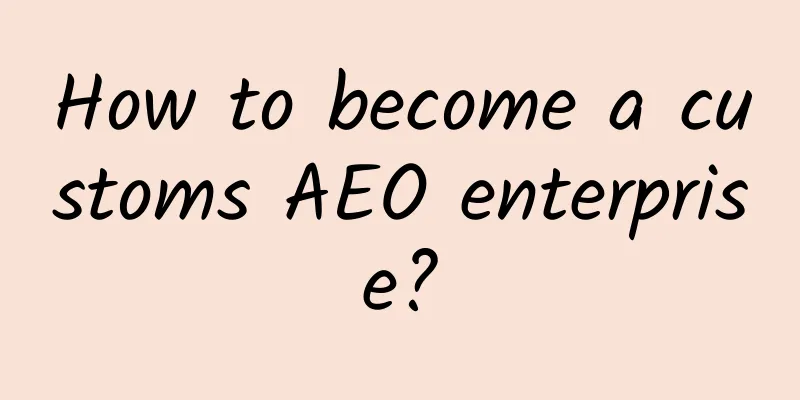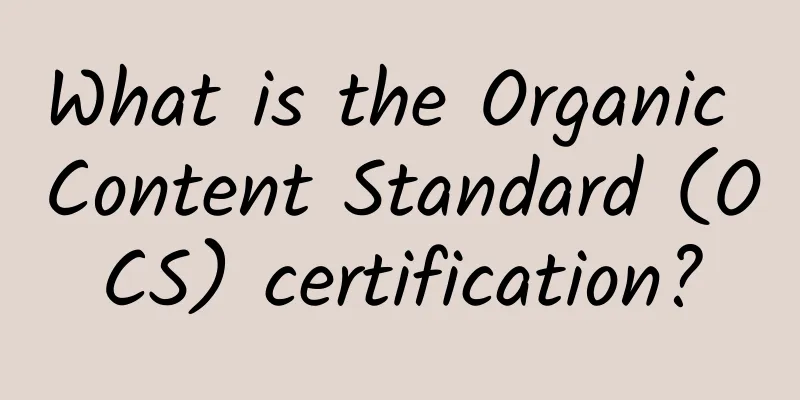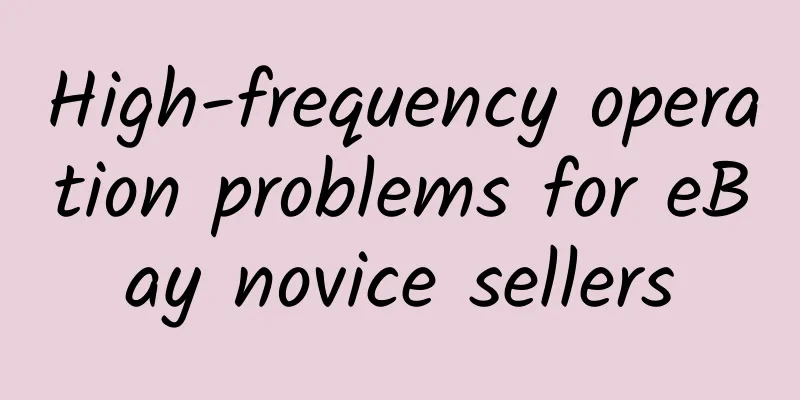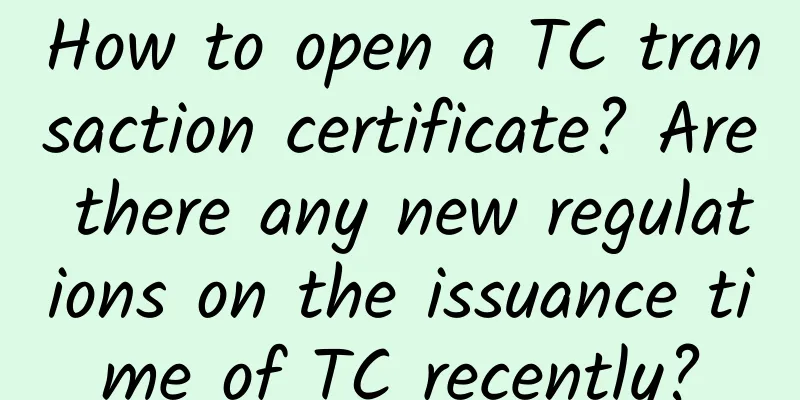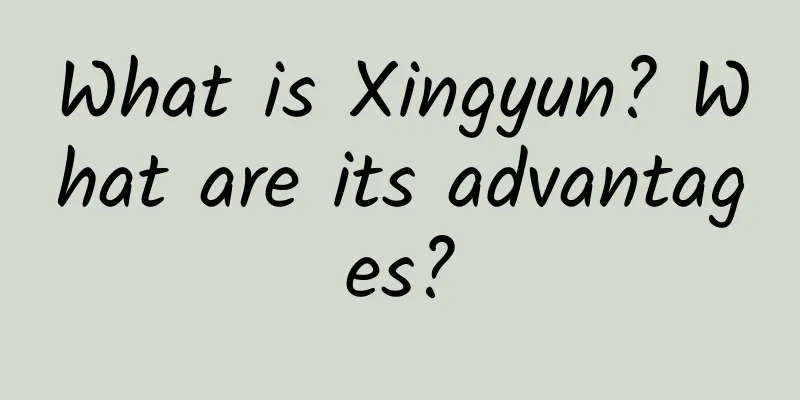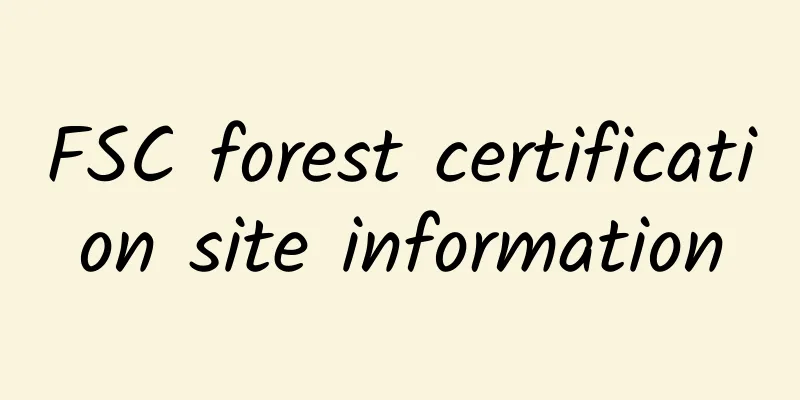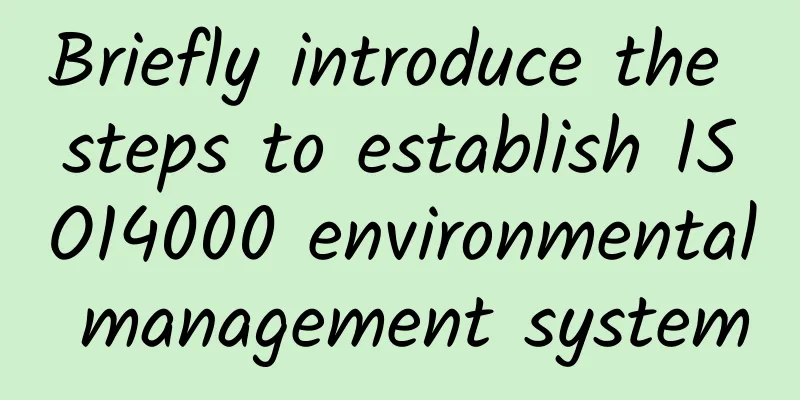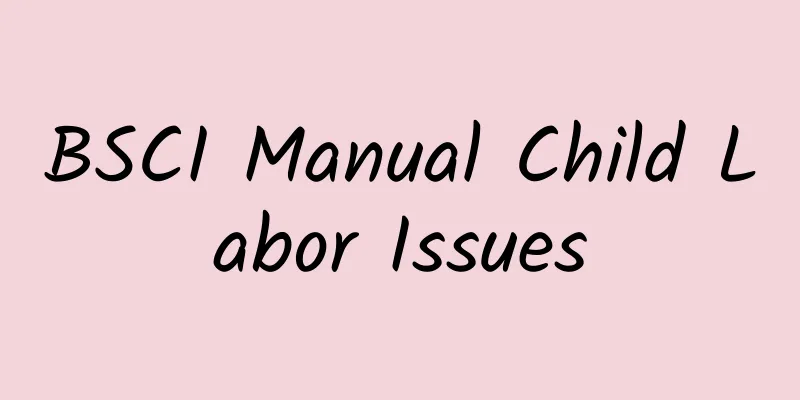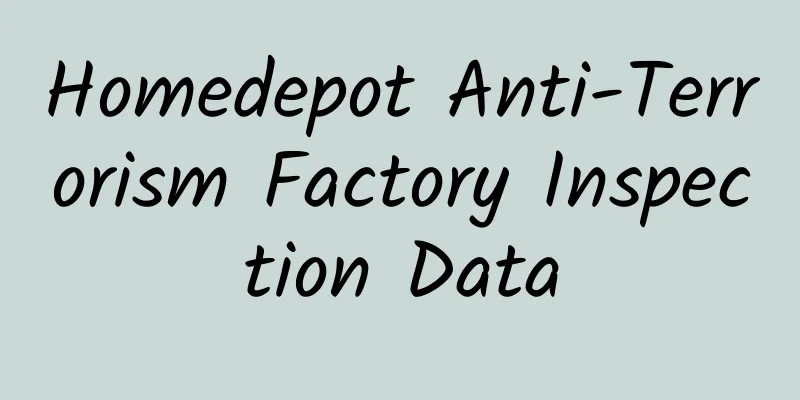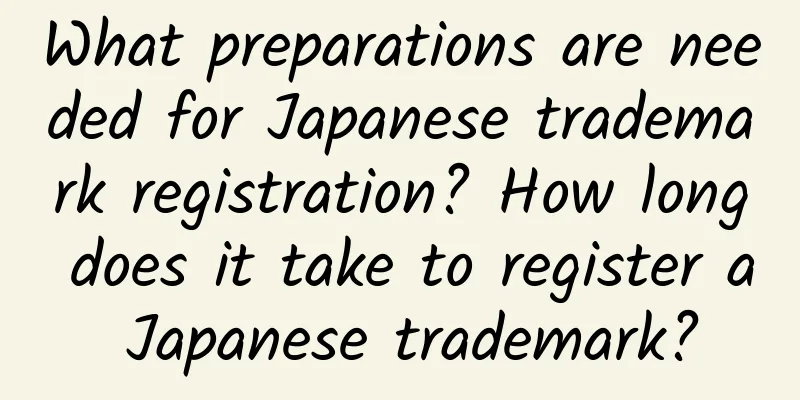Enterprise suppliers applying for ISCC certification need to comply with ISCC declaration requirements
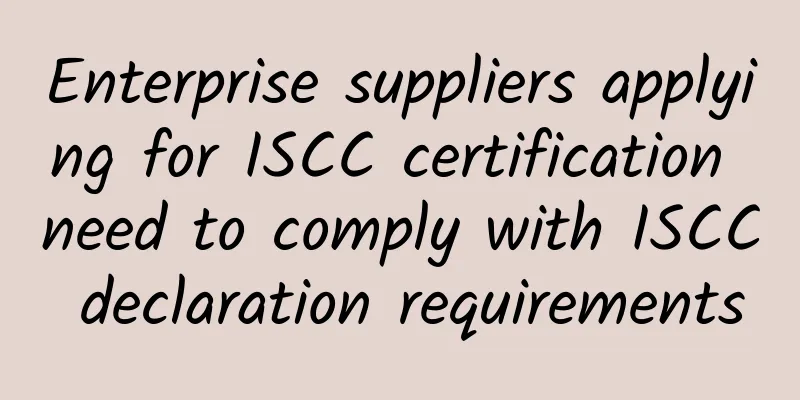
|
1. In ISCC PLUS, it must be guaranteed that the entire upstream supply chain to the farm/implantation or origin is fully ISCC certified. Sustainable materials from ISCC EU or ISCC DE certified units that meet the above "ISCC Compliance" requirements should include the statement of "ISCC Compliance" in their sustainability declaration in order to be accepted under ISCC Plus. 2. The “ISCC Compliant” statement can only be made if the ISCC certified operator has received the same amount of incoming material as stated in the sustainability statement. First, the collection point can only make this statement for deliveries from farms or plantations that comply with ISCC requirements. The collection point can only make this statement for materials collected from origins that comply with ISCC requirements. 3. The entire supply chain must be certified, including collection points, manufacturers, and traders. An enterprise can be certified in one or more roles. Original collection points with a monthly output of more than 10 tons of waste and residues are subject to sampling audits. If the enterprise is certified as a waste and residue collection point, a complete traceability management system from the original collection point to this node must be established. ISCC allows collection points to use services provided by non-independent collection points and other service providers, such as storage facilities. Service providers should be included in the traceability management system of the collection point and accept evaluations by the certification body and ISCC. Collection points can agree on the relevant requirements of ISCC through contracts. The mass balance should remain strictly site-specific. Credits achieved in the mass balance of one site cannot be transferred to the mass balance of another site. An exception applies to processing units and storage facilities certified according to ISCC PLUS. They can transfer credits between different locations under the following conditions: The supplier and the credit recipient must be part of the same company/group of companies/joint venture; The location must be within the country's borders or within a neighboring country (sharing a landlocked border); Only applicable to similar products; Mass balances must remain site specific; All sites must have ISCC certification; The certificates must be issued by the same certification body. Are you still worried about not passing the factory inspection? Don’t worry! Chaowang Consulting has been engaged in factory inspection and certification consulting for many years. We have rich experience and connections, and are familiar with the process and steps of factory inspection and certification. We can help companies solve certification problems at any time, easily deal with them, and pass them smoothly! Consultation phone: 021-51029391! |
<<: ISCC application conditions and sustainability principles
>>: [Important reminder] Starting from July 1, factories that want to open TC should pay attention!
Recommend
Background of ISO14000 series standards
Background of ISO14000 series standards : With the...
eBay China official website address and eBay sales methods
eBay China official website address is: https://w...
FSC certification: "Forest packaging trend" is sweeping the country
Thousands of milk and beverage cartons are discar...
Walmart factory inspection requirements for eyewash stations
Walmart factory inspection requirements for eyewa...
Ningbo Beilun Inspection and Quarantine Bureau helps clothing companies sign Olympic orders
As the London Olympics approaches, the Olympic ec...
ICTI certification faced by toy companies
ICTI is the abbreviation of the International Cou...
Which is easier to do business on eBay or Amazon? From what aspects?
Amazon is the world's largest cross-border e-...
How is AiJing Technology? What services does AiJing Technology provide?
How about Aijing Technology? Shanghai Aijing Info...
What is Yijia Technology? What products and services does Yijia Technology provide?
For more than ten years, Yijia Technology has bee...
How was the establishment of Yiwu Cross-border E-commerce Association? The process of the establishment of Yiwu Cross-border E-commerce Association
On September 25, 2013, the approval for the prepa...
Amazon launches new program! How to obtain the Climate Friendly Commitment label?
Amazon founder and CEO Jeff Bezos has pledged tha...
What sites does eBay have? What traffic entrances does eBay have?
eBay's global sites include: Hong Kong, the U...
Conventional cotton or organic cotton, which is more sustainable?
At a time when the world seems to be focusing on ...
Popular Science! What are the fees for opening a store on eBay?
What are the fees for opening a store on eBay? Wh...
Please look for the 3C certification mark when buying toys
The current international industry not only requir...
